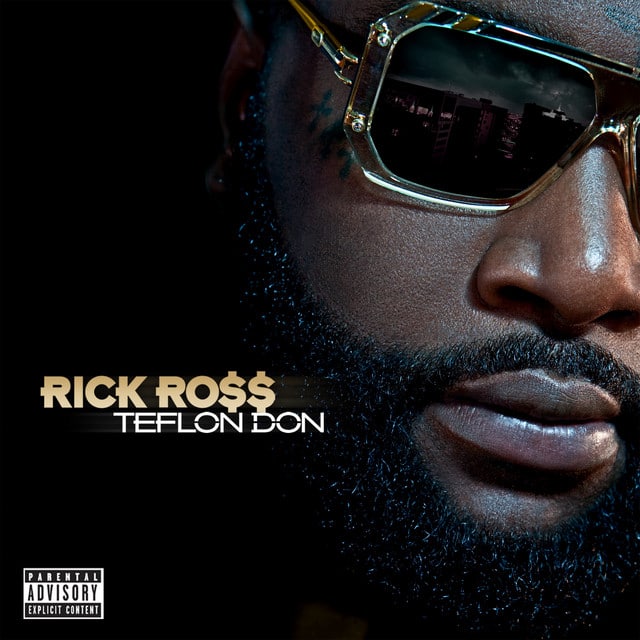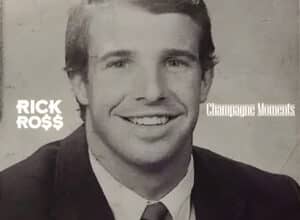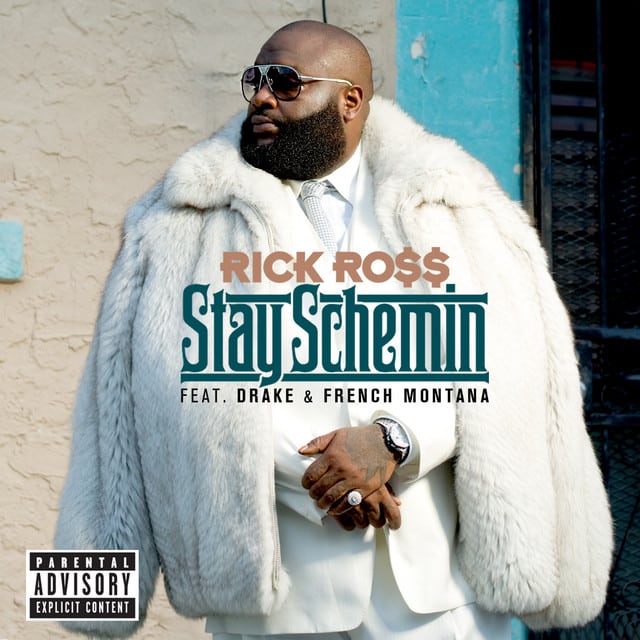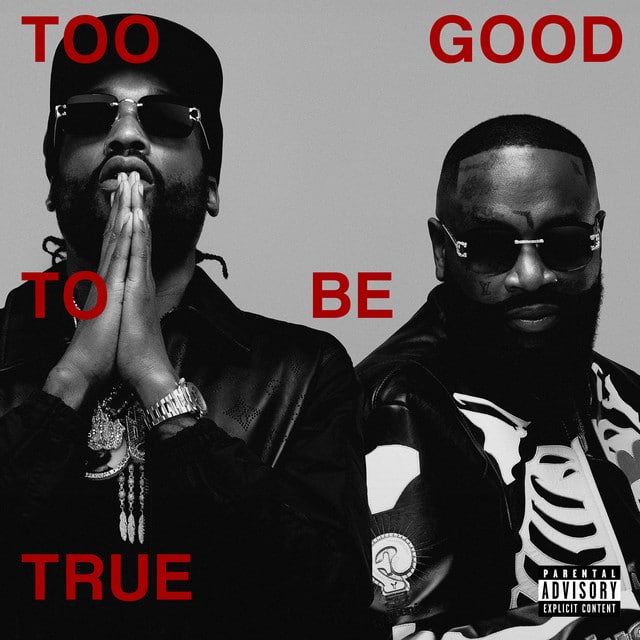William Leonard Roberts II, better known as Rick Ross, is a name that resonates with the unmistakable boom of his voice and the opulence of his lyrics. Born on January 28, 1976, Rick Ross emerged from the depths of street life to become a towering figure in modern hip-hop. His journey, marked by the vivid imagery of his lyrics, transforms the harsh realities of street life and black market economic activities into a narrative of rags to riches. His stories aren’t just about survival; they encapsulate a certain grandeur, detailing affluence, wealth, and luxury.
Before the world knew him as Rick Ross, he was engulfed in a bidding war that’s akin to a modern-day fairy tale in the rap world. Picture this: the year is 2006, and the biggest names in the industry, from Diddy’s Bad Boy Entertainment to Irv Gotti’s Murder Inc., are clamoring to sign him. The ultimate victor? None other than Jay-Z’s Def Jam Recordings, offering a multimillion-dollar deal that would catapult Ross into the limelight. This was more than a contract signing; it was a coronation of sorts, a foreshadowing of the impact Ross was destined to make.
His debut, “Port of Miami,” was more than just an album; it was an announcement. Debuting at the top of the Billboard 200 chart, Ross wasn’t just playing in the big leagues; he was dominating them. This wasn’t a one-off success, as his next albums, “Trilla” and “Deeper Than Rap,” continued this chart-topping trend. “Teflon Don,” his fourth album, gave us “Aston Martin Music,” a track that went triple platinum, solidifying Ross’s place in the industry. But he wasn’t just about personal glory. His next two albums, “God Forgives, I Don’t” and “Mastermind,” demonstrated his consistency and ability to evolve with the times.
Ross wasn’t content with just being a solo artist. He was a visionary, seeing the bigger picture in the industry. In 2005, he became a lead member of Triple C’s, alongside fellow Florida rappers Gunplay and Torch. This move was more than just about music; it was about creating a legacy. In 2009, he founded Maybach Music Group (MMG), a label that would become home to artists like Meek Mill, Wale, French Montana, and Omarion. MMG was more than a label; it was a movement, a statement in the hip-hop world.

His influence wasn’t limited to his music or his label. Rick Ross became a figure synonymous with the culture, earning accolades like “Man of the Year” by The Source and “Hottest MC in the Game” by MTV. His nine Grammy nominations are a testament to his artistry and influence in the industry.
But Ross’s story isn’t just about his professional achievements. His life is a tapestry of experiences that shaped the artist and the man he became. Born in Clarksdale, Mississippi, and raised in Carol City, Florida, he found his way to Albany State University on a football scholarship. After a brief stint as a correctional officer, Ross turned his focus entirely to music, a decision that would change his life and the landscape of hip-hop.
His early career was marked by a pseudonym, Teflon Da Don, and a debut on Erick Sermon’s album. But it was his name change to Rick Ross, inspired by the drug kingpin “Freeway” Rick Ross, that marked the beginning of his journey to stardom. His affiliation with Slip-n-Slide Records and tours with Trick Daddy were the building blocks of his burgeoning career.
“Port of Miami” and “Trilla” weren’t just albums; they were cultural milestones. Rolling Stone’s Christian Hoard predicted “Port of Miami” to be the summer’s biggest rap record, a prophecy that came true. The album’s second single, “Push It,” showcased Ross’s ability to blend cinematic elements with music, creating a fusion that was uniquely his.
His third album, “Deeper Than Rap,” revealed a more introspective side of Ross. Tracks like “Valley of Death” not only acknowledged his past as a prison guard but also delved into the complexities of his journey. This was Ross unfiltered, a man confronting his past and paving his way forward.
The year 2010 marked a new era for Ross with the release of “Teflon Don,” an album that showcased collaborations with artists like Ne-Yo and Kanye West. This was Ross at his peak, an artist unafraid to experiment and push boundaries. His collaboration with Diddy and the release of mixtapes like “Ashes To Ashes” solidified his status as a staple in the industry.
2011 was a year of expansion for Ross. Signing artists like Wale and Meek Mill to MMG and releasing compilation albums under the label
showcased his prowess not just as an artist but as an executive. His 2012 album, “God Forgives, I Don’t,” was a commercial success, further cementing his legacy in the industry.
“Mastermind,” released in 2014, was another testament to Ross’s mastery. Debuting at number one on the Billboard 200, the album was a blend of assertive lyrics and bold collaborations. But Ross’s journey wasn’t without its challenges. Legal issues and controversies often shadowed his career, yet he maneuvered through them with the same finesse he applied to his music.
Ross’s personal life, marked by his Christian faith and health challenges, provided a contrast to his larger-than-life persona. His struggles with seizures and a hospitalization in 2018 revealed a vulnerable side to the rapper, humanizing the icon.
As we look at Ross’s journey, it’s clear that he is more than just a rapper or an executive. He is a symbol of perseverance, a man who transformed every setback into a step forward. His narrative is not just about wealth or success; it’s about the resilience of the human spirit, the ability to evolve and triumph against all odds. Rick Ross’s story is a testament to the power of ambition and the unyielding spirit of hip-hop.
Would you like to learn more? Dive deeper into the depths of Rick Ross in our featured articles below.








